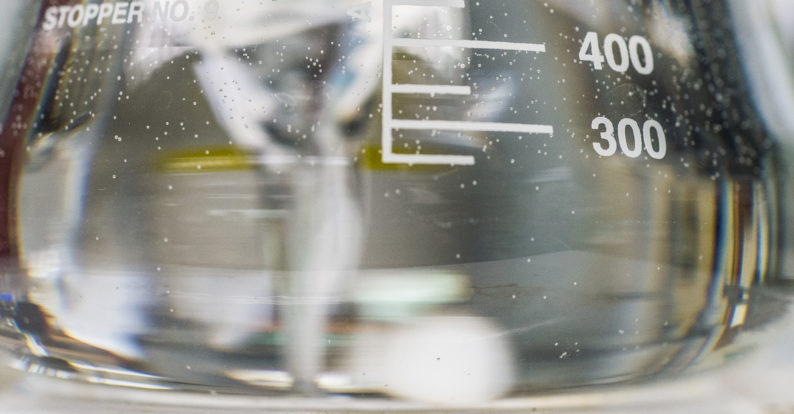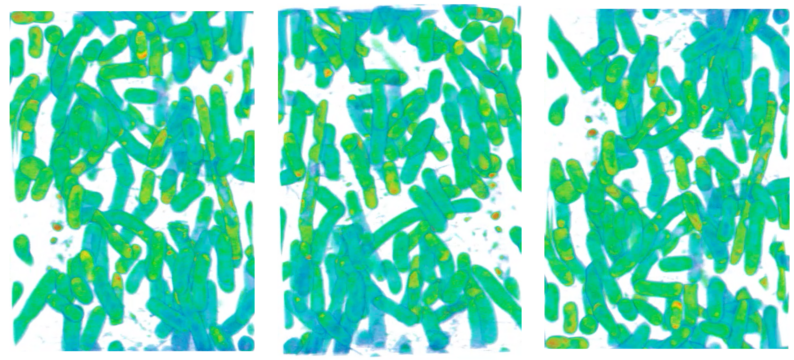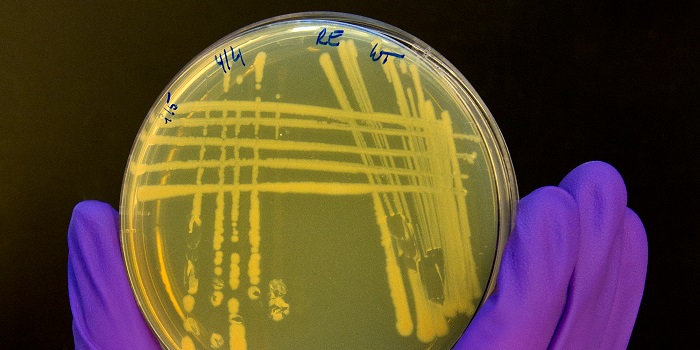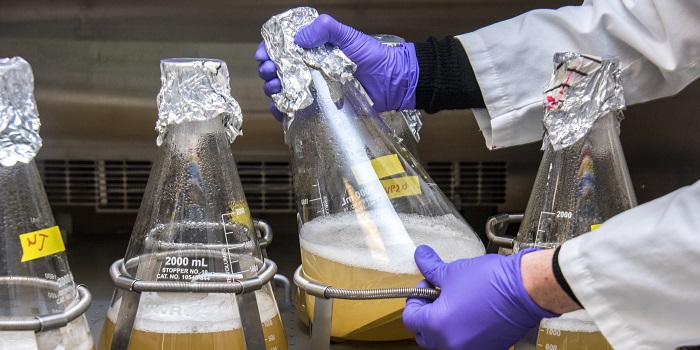In the Biofuels and Bioproducts division, we are developing the tools to fully convert sugars and lignins into energy-rich biofuels and valuable bioproducts. We do this by discovering and developing new pathways and engineering microbes. JBEI’s pioneering work in synthetic biology has enabled microbes to produce a variety of molecules from these lignocellulosic biomass that can serve as jet, diesel, and gasoline blendstocks and bioproducts.
Five year Research Objectives
- A freely available retrobiosynthesis web interface tool for polyketide synthases, with general biological and chemical conversions.
- A fully operational DBTL cycle to test up to 1000 engineered polyketide synthases per month in a heterologous host
- Microbial hosts with engineered maximal conversion of major carbon streams from biomass to sustainable aviation fuels (SAF), fuel blend stocks, and bioproducts.
- Validate machine learning tools for systematically improving titers rates and yields for at least four major substrates, two hosts and two products
- Develop an industrially relevant microbial strain for isoprenol at high titers rates and yields (at least 50% of TEA estimates
To achieve these goals, we will:
- Develop and optimize metabolic pathways for biofuels and bioproducts production
- Optimize host organisms to utilize all biomass sugars and aromatics, and efficiently convert them to fuels and bioproducts
- Develop synthetic biology and systems biology tools for engineering biology
- Develop computational methods to model microbial metabolism through genome scale models, flux-based mechanistic models and machine learning
- Using chemical catalysis to enhance biological conversion
For this purpose, we will engineer metabolically versatile organisms, such as Pseudomonas putida, Rhodosporidium toruloides, and other microbes. We are using the latest, most advanced tools of biotechnology including synthetic biology, systems biology, metabolic engineering, machine learning, data science and metabolic modeling to engineer new biochemical pathways for the production of fuel molecules and chemicals that are currently derived from petroleum. The goal is to produce fuels and other valuable chemical products from simple, inexpensive and renewable starting materials in a sustainable manner.




